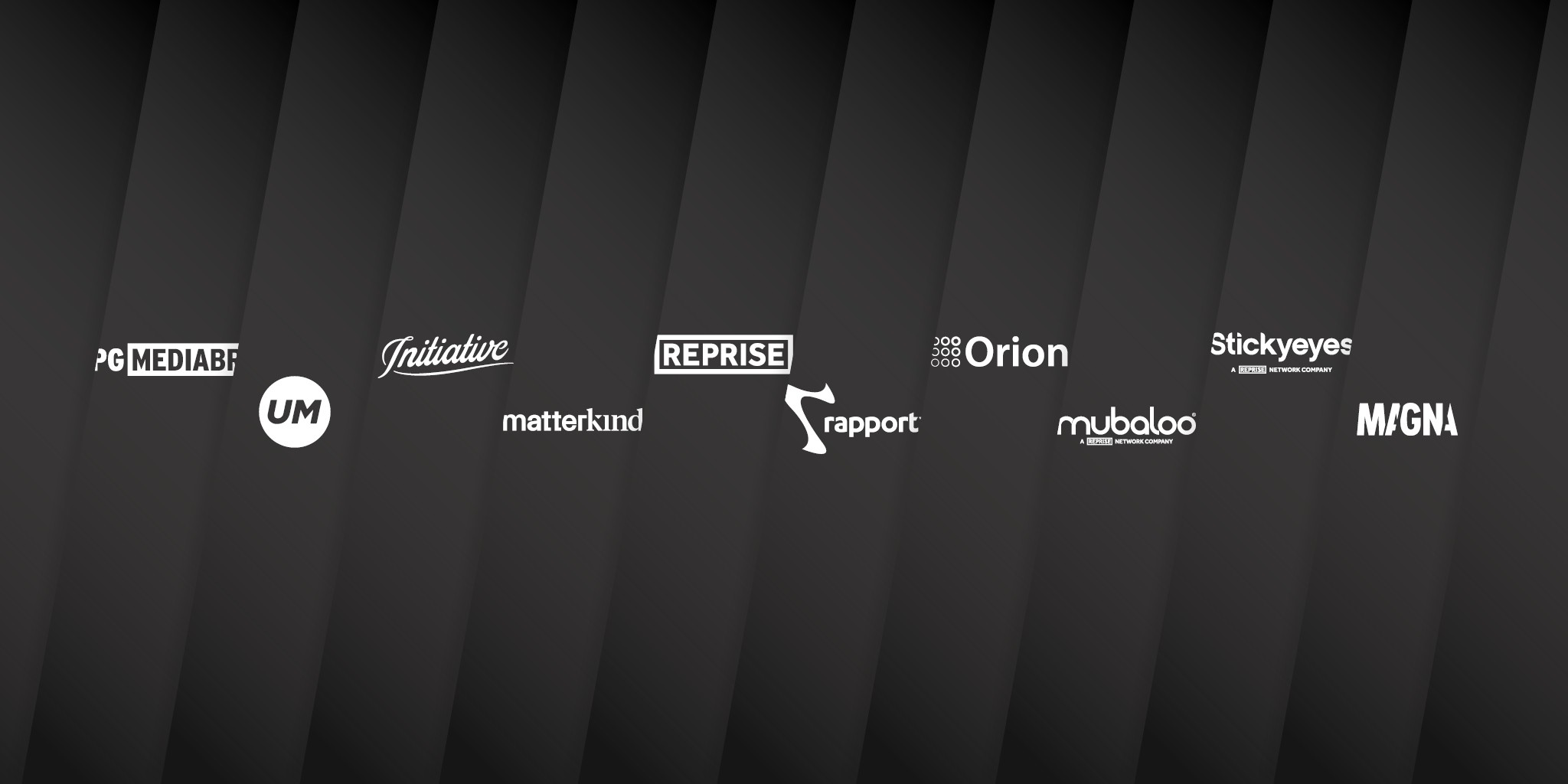On Thursday, IPG Mediabrands has released its 10 Media Responsibility Principles (MRP) to serve as a guide for its organization. These principles are coined as an effort to balance brand safety and brand responsibility in advertising.

IPG Mediabrands’ 10 Media Responsibility Principles as published by Business Wire:
1. Promote Respect
Seek out media partners that foster balanced, constructive discourse and respectful civil commentary. Avoid and eliminate working with media partners or platforms that create hostile conversation environments. This includes holding partners accountable if individuals, content, or programming consistently confront an individual or group of individuals based on their religion, race, or sexual orientation.
2. Protect People
Prioritize partners that protect people from harm. This includes requiring partners to take active steps to prevent predatory behavior against an individual or group of individuals. Require partners to the flag, limit, or remove content that would mislead people as to their rights or how to access public services.
3. Diverse & Representative
Media partners need to demonstrate that they celebrate all forms of diversity, including all genders, multicultural backgrounds, ages, sexual orientations, people with disabilities, all socio-economic groups, and faiths. That when advertising is delivered, there is a conscious effort made to ensure that the ads are delivered against an audience that is representative of the diversity in the population and non-discriminatory.
4. Data Collection & Use
That media partners and advertisers collect and use data in ways that are ethical, accountable, and fair. That data is collected and used in a way that complies with all applicable regulations and industry codes. That rules exist so that data is not used in advertising in a way that would inadvertently or unintentionally discriminate against an individual or group of individuals or their ability to access employment, housing, or other products and services.
5. Children’s Wellbeing
Media partners and advertisers have a shared responsibility to ensure that both regulatory and industry codes are consistently applied for protecting the welfare of children. Those partners are required to demonstrate that they have the appropriate controls in place to protect children and, as necessary, age gate the delivery of advertising where necessary.
6. No Hate Speech
Brands should not fund hate speech or extremist content. Avoid advertising with media outlets that fuel hatred on the grounds of race, religion, nationality, migration status, sexuality, gender or gender identity, disability, or any other group characteristic. This includes not advertising on content, services, or platforms where there is speech that attempts to dehumanize a person or group of people or that promotes or features content that would incite violence or discrimination.
7. No Misinformation / Disinformation
That media investment will be directed to partners that ensure people receive quality, factual information that enables them to make well-informed decisions and not fund partners or content that spread misinformation. Advertising should not fund misinformation or disinformation. Platforms will fact check the information published by high-profile and/or high reach accounts; ensure that factual information from reputable sources is published alongside false claims from said accounts, and put systems in place to stop amplification of false information. Priority areas include topics around healthcare and the environment.
8. Enforce Policy
That any media partner consistently apply their own terms of use policy. Those partners in a common category or vertical-align on a common policy standard that outlines the expectations of those on the platforms, whether they be end-users, creators, or hosts, and that the policies be transparently enforced regardless of role, title, position, or office.
9. Advertising Transparency
That there be supply chain transparency so that advertisers know when and where they are advertising, whether they are a publisher, platform, program, or page. So that advertisers can make informed decisions that will enable compliance with these overarching principles.
10. Accountability
That each party in the advertising supply chain, Advertisers, Agencies, and Publishers/Platforms will hold themselves individually accountable for adhering to these principles. That we collectively recognize that revenue from advertising is a privilege and not a right and that there must be an open and honest dialogue with partners who fail to be accountable to these principles.
IPG Mediabrands, the media and marketing solutions division of the Interpublic Group manages approximately $40 billion in marketing investment globally on behalf of its clients across its full-service agency networks UM and Initiative. It earns also through its award-winning specialty business units Reprise, MAGNA, Orion Holdings, Rapport, Healix, and the IPG Media Lab.















